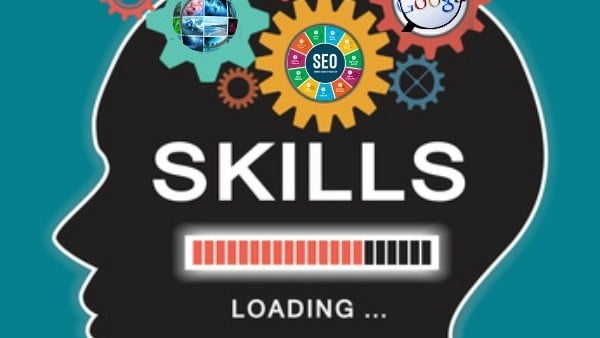
In today’s digital age, developing digital skills is crucial for both individual and societal progress. As Africa faces unprecedented challenges in its labour market, with millions of young people entering a workforce that is increasingly competitive, the need for digital literacy and skills has never been more pressing. Developing digital skills is not just an educational necessity; it is a powerful strategy to combat unemployment and foster economic growth across the continent.
The Unemployment Challenge in Africa
Africa has one of the fastest-growing populations in the world, with a significant portion of its populace being under the age of 25.
While this presents a potential demographic advantage, it also creates immense pressure on job creation.
Traditional sectors such as agriculture and manufacturing are no longer sufficient to absorb the growing labour force. As a result, unemployment rates, particularly among youth, remain alarmingly high.
The digital economy, however, offers a viable solution. With the right skills, young Africans can tap into new opportunities in sectors like technology, digital marketing, e-commerce, and more.
These fields are not just about creating jobs—they are about creating jobs that are resilient to automation and globalization.

The Importance of Developing Digital Skills
Digital skills involves a broad range of competencies, from basic computer literacy to advanced capabilities in areas like software development, digital marketing, data analysis, and cybersecurity.
By developing digital skills, individuals can significantly enhance their employability and open up new avenues for entrepreneurship.
Developing digital skills will help us/Africa in the following ways:
- Empowerment through Education: Developing digital skills empowers individuals by giving them the tools to navigate and succeed in the digital economy. Whether it’s mastering Microsoft Office, learning to code, or understanding how to market products online, these skills are essential for anyone looking to succeed in today’s job market.
- Promoting Entrepreneurship: Digital literacy is not only about securing employment; it also plays a critical role in entrepreneurship. Many successful businesses today started with just a laptop and an internet connection. By learning how to leverage digital tools, young Africans can create startups that reach global markets, thereby generating income and employment.
- Bridging the Skills Gap: There is a growing mismatch between the skills that job seekers possess and the skills that employers need. This skills gap is particularly evident in Africa, where many educational systems have not yet fully integrated digital literacy into their curricula. By prioritizing the development of digital skills, educational institutions and training centers can help bridge this gap, ensuring that graduates are ready to meet the demands of the modern workforce. Afritech Academy is doing just that, through our onsite and online learning plarforms.

The Role of Government and Private Sector in Developing Digital Skills
To fully capitalize on the potential of digital skills, collaboration between governments, educational institutions, and the private sector is essential.
- Government Initiatives: African governments must prioritize digital education by integrating it into national curricula and providing support for vocational training programs. Initiatives such as coding boot camps, digital literacy campaigns, and the establishment of tech hubs can significantly enhance the digital skill set of the workforce.
- Private Sector Engagement: The private sector has a vital role to play in developing digital skills. Companies can offer internships, apprenticeships, and training programs that provide hands-on experience with the latest technologies. Moreover, partnerships between tech companies and educational institutions can help ensure that training programs are aligned with industry needs.
- Access to Resources: Ensuring that all Africans have access to the internet and digital tools is crucial. This requires investment in infrastructure, particularly in rural areas, where connectivity is often limited. Additionally, affordable access to devices like computers and smartphones is necessary to ensure that digital education is within reach for everyone. Both private and public sectors can play key roles in achieving this.

The Future of Work in Africa
As technology continues to evolve, the nature of work in Africa will change dramatically. Jobs that do not exist today will become commonplace, while others will disappear.
An International Finance Corporation report estimated that 230 million jobs in Sub-Saharan Africa will require digital skills by 2030, creating over 650 million training opportunities.
Developing digital skills is therefore the key to preparing the African workforce for this future. It enables individuals to adapt to changes, learn new skills quickly, and stay competitive in a global job market.
The Role of Afritech Academy in Bridging the Gap and Creating Employment Opportunities
Afritech Academy plays a pivotal role in bridging the digital skills gap across Africa by offering targeted training programs designed to meet the demands of the modern job market.
Through a combination of online and onsite courses, Afritech Academy equips students with industry-relevant skills in web development, graphic design, scrum master, linux administration, digital marketing, and more.
By focusing on practical, hands-on learning, the academy not only enhances employability but also empowers individuals to create their own job opportunities, thereby contributing significantly to reducing unemployment across the continent.




